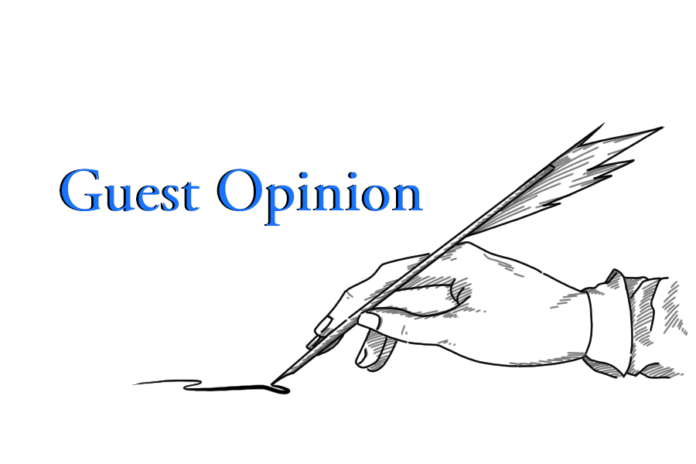An outgoing ASUCD Senator argues that the Israeli-Palestinian debate has a place in student government
Imagine the moment you found out you’d be continuing your education at UC Davis. That moment defined the beginning of a new era for each of us, one that meant an opening to learning and expanding our knowledge, allowing us to become better at what it is we are passionate about.
Now, imagine after committing to UC Davis, you were told you could not voice your opinion on an issue you are passionate about, or simply seek to learn more about. This would outrage any rational, education-loving human being.
Luckily, our campus does not place such “official” regulations on us. Unfortunately, that does not mean every student is truly free to express themselves without repercussion. This is especially true for the wide pro-Palestinian community here at UC Davis. Aside from the fact that watch-lists like Canary Mission exist to track our every move in a fixed effort to slander us as “anti-Semites,” the simple fact is that debate is stifled on this issue, particularly by your own Associated Students.
As a current interim Senator, former City and Community Affairs Director, Unit Director and Chief of Staff, I have witnessed our student government attempt to silence the pro-Palestinian community for well over a year. The most common method used is framing the issue as one “that has no place in ASUCD.” Of course, this does not apply when the Senate is passing resolutions making “criticism of the State of Israel” anti-Semitic; this standard only applies when pro-Palestinian students begin to voice legitimate concerns. While there is an argument to be made for why this issue should be independent of ASUCD, I chose to write this article to explain why it is impossible for ASUCD not to get involved in this issue.
First and foremost, as members of ASUCD, we are here to represent students, so if an issue affects any student, it affects us, too. In our case, the debate surrounding Israel/Palestine certainly effects students both directly and indirectly. It directly affects students, when innocent people voicing their opinions are blacklisted by a group like Canary Mission, slandering them and making their lives difficult — all for practicing their constitutionally-protected rights. Another case in which it affects our students is when anti-Semitic flyers are posted around campus. Moreover, it indirectly affects us all because it is the great foreign policy challenge of our time, and the United States federal government plays a big role in this. As students who seek to make a change in the world, regardless of what field we go into, this issue will come up at some point.
Second, if our university is partnering with corporations that contribute to the State of Israel, a country that time and time again has demolished homes inhumanely, killed innocent children and displaced thousands of innocent people, how can we students remain quiet?
The answer is simple: We don’t remain quiet. We have seen it every year at UC Davis — students rising up, as a collective whole, seeking justice for Palestinians and making sure their voices are heard. If our students are coming out in such force, then why should the Associated Students remain quiet? What logic and rationale exists for that? Furthermore, it is unjust of us to sit back from a privileged position and recuse ourselves of necessary debate that not only affects our fellow students but our fellow human beings, at home and abroad.
Lastly, we (the student body of UC Davis) are not only the future of this country, we are the present. What we do here, what we say here, what we learn here matters. Never let anyone tell you it is not your place to debate. Never let anyone silence you, especially when you’re passionate and you have something to say. The fact is that every decision the U.S. Government makes, even in foreign policy, can have an effect on us. Therefore, since the Israeli/Palestinian conflict is a big part of American foreign policy, we as students not only have a role to play in fixing America’s policy, but a moral obligation to do so.
As I finish my term, I encourage all continuing senators, newly elected senators and members of ASUCD to not shy away from voicing their opinions, even if those around you say “it has no role in this association.”
Written by: Mohammad Qayum
The writer is a fourth-year political science major at UC Davis and an outgoing ASUCD Senator whose term ends on Thursday, March 14.
To submit a letter to the editor, please email opinion@theaggie.org.









